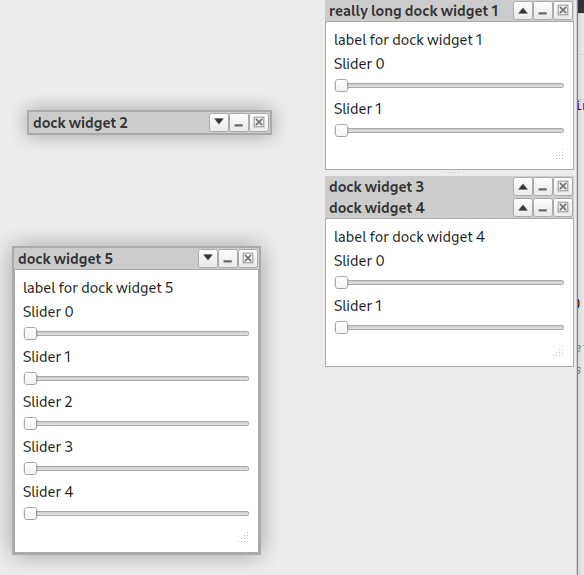this post was submitted on 09 Feb 2025
31 points (100.0% liked)
Python
6628 readers
116 users here now
Welcome to the Python community on the programming.dev Lemmy instance!
📅 Events
Past
November 2023
- PyCon Ireland 2023, 11-12th
- PyData Tel Aviv 2023 14th
October 2023
- PyConES Canarias 2023, 6-8th
- DjangoCon US 2023, 16-20th (!django 💬)
July 2023
- PyDelhi Meetup, 2nd
- PyCon Israel, 4-5th
- DFW Pythoneers, 6th
- Django Girls Abraka, 6-7th
- SciPy 2023 10-16th, Austin
- IndyPy, 11th
- Leipzig Python User Group, 11th
- Austin Python, 12th
- EuroPython 2023, 17-23rd
- Austin Python: Evening of Coding, 18th
- PyHEP.dev 2023 - "Python in HEP" Developer's Workshop, 25th
August 2023
- PyLadies Dublin, 15th
- EuroSciPy 2023, 14-18th
September 2023
- PyData Amsterdam, 14-16th
- PyCon UK, 22nd - 25th
🐍 Python project:
- Python
- Documentation
- News & Blog
- Python Planet blog aggregator
💓 Python Community:
- #python IRC for general questions
- #python-dev IRC for CPython developers
- PySlackers Slack channel
- Python Discord server
- Python Weekly newsletters
- Mailing lists
- Forum
✨ Python Ecosystem:
🌌 Fediverse
Communities
- #python on Mastodon
- c/django on programming.dev
- c/pythorhead on lemmy.dbzer0.com
Projects
- Pythörhead: a Python library for interacting with Lemmy
- Plemmy: a Python package for accessing the Lemmy API
- pylemmy pylemmy enables simple access to Lemmy's API with Python
- mastodon.py, a Python wrapper for the Mastodon API
Feeds
founded 2 years ago
MODERATORS
you are viewing a single comment's thread
view the rest of the comments
view the rest of the comments

Easily above average code for Python. I'm going to pick on one method:
First, Python does have ternary expressions so you can
Second, what does this code do?
Kind of surprising that it sets the icon to
icon_dockright? There are two easy fixes:*, is_floating: boolso you have to name the parameter when you call it._update_float_icon()or something.Also use Black or Ruff to auto-format your code (it's pretty well formatted already but those will still improve it and for zero effort).
Recommend against the ternary expression.
coveragemight not detect the two code blocks. Would also not be able to apply# pragma: no covercomment to a code block that isn't important enough to justify testing it. Often usedo nothingcode blocks.self.float_button.setIcon(self.icon_dock if is_floating else self.icon_float)lets say while testing something goes wrong and trying to debug what happened.Will not see the value that gets past into
self.float_button.setIconI like your idea of having the param be keyword only. Makes it more readable.
If you branch coverage tool can't handle branches on the same line I would suggest you use a different one! Does it handle
if foo or bar?Uhm, yes you will? Just step into the function.
self.float_button.setIconis a Python wrapper around a C++ library. Might not be possible to, or want to, step into the function.if foo or baris part of a if-else condition. The else portion needs# pragma: no coveror coverage may complain.